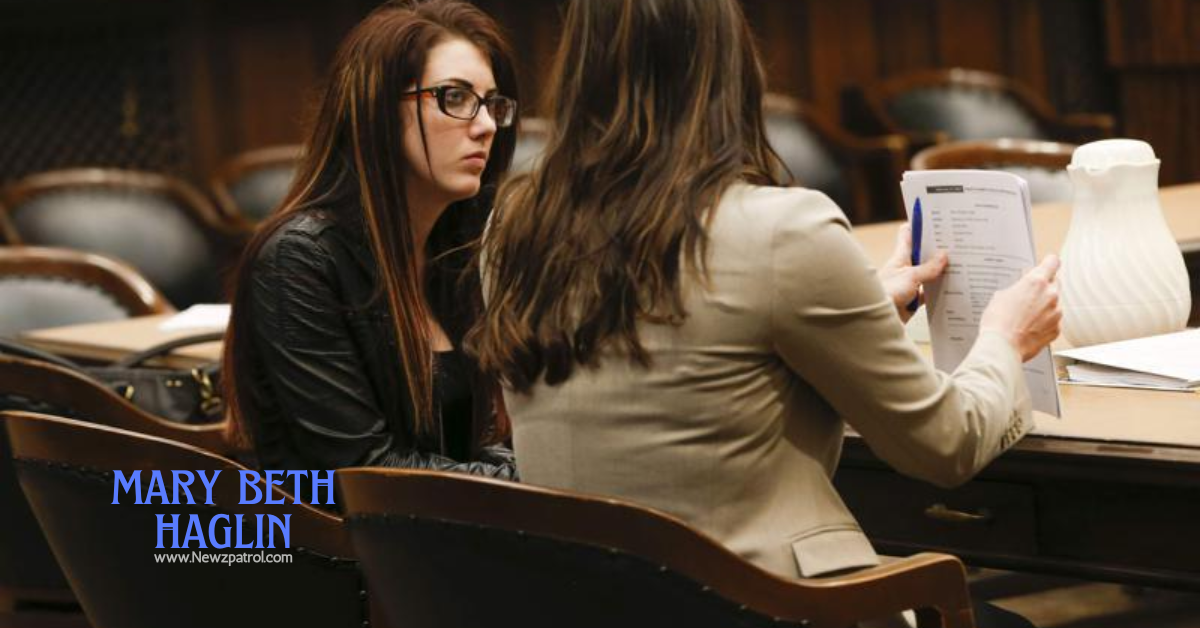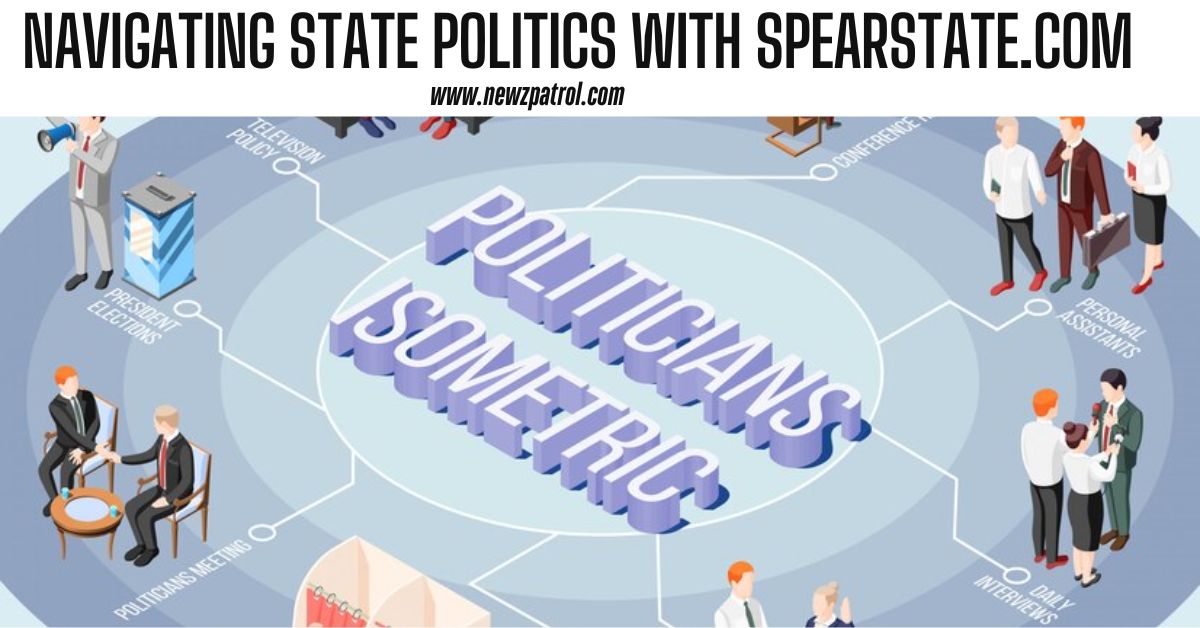Mary Beth Haglin’s story is one that rocked the education system and sparked intense debate across the nation. A once-respected teacher, her journey took a dramatic turn when allegations surfaced against her, leading to charges that would change not only her life but also how we view authority figures within schools. As details emerged, it became clear that this wasn’t just an isolated incident; it raised critical questions about ethics, boundaries, and the responsibilities of educators. The scandal sent shockwaves through communities and prompted discussions on reforming policies to protect students. This blog post delves into Mary Beth Haglin’s controversial case—examining its implications for teachers and students alike while highlighting lessons learned in the aftermath of such events. Join us as we unpack this compelling narrative that continues to resonate throughout educational circles today.
The Allegations and Charges Against Mary Beth Haglin
Mary Beth Haglin, a former teacher in Iowa, became embroiled in serious allegations that would change her life and career forever. In 2017, she was accused of engaging in an inappropriate sexual relationship with a student. The news rattled the local community and sparked widespread media attention.
The allegations were not taken lightly. Authorities launched an investigation that uncovered various explicit communications between Haglin and the student involved. These interactions raised significant concerns about ethical standards within educational environments. As details emerged, they painted a troubling picture of misconduct.
Haglin faced several charges related to these accusations, including felony counts of sexual exploitation by a school employee. The gravity of these charges highlighted the breach of trust inherent when educators violate their professional responsibilities towards students.
As the case unfolded in court, it revealed both personal and systemic issues surrounding educator conduct and accountability. This situation served as a stark reminder of how crucial it is for schools to maintain rigorous policies regarding relationships between staff and students to protect everyone involved.
Impact on the Education System
The scandal involving Mary Beth Haglin sent shockwaves throughout the education system. As a case that garnered national attention, it raised significant questions about teacher-student relationships and boundaries in schools. This incident forced educational institutions to re-evaluate their policies regarding staff interactions with students.
Many schools began implementing more rigorous training programs aimed at preventing inappropriate conduct. Educators were urged to familiarize themselves with ethical guidelines and maintain professional distance from students. The aim was to ensure that similar incidents would not occur in the future.
Additionally, conversations around mental health support for both teachers and students gained traction. Schools recognized that addressing emotional well-being could play a crucial role in fostering healthier environments where misconduct is less likely to happen.
Furthermore, parents became more vigilant about monitoring their children’s interactions within academic settings. They sought assurances from school officials regarding safety protocols, signaling a shift towards heightened accountability among educators and administrators alike.
IV. Deeper Look into Mary Beth Haglin’s Story
Mary Beth Haglin, a former high school teacher in Iowa, gained national attention due to her controversial actions. Her story is not just about the allegations but also reveals underlying issues within the educational system. The events unfolded when reports emerged of an inappropriate relationship with a student.
Haglin was arrested in 2016 after authorities investigated claims against her. The charges included sexual exploitation by a teacher and lascivious conduct with a minor. These serious accusations shocked both the community and her colleagues, leading to intense scrutiny of her professional life.
Despite these allegations, Haglin’s situation prompted discussions on various topics such as consent and power dynamics between educators and students. Many began questioning how such incidents could occur within what is generally considered a safe environment for youth education.
The media coverage surrounding Mary Beth Haglin’s case ignited debates on ethics in teaching roles. It raised awareness about safeguarding policies that schools should implement to prevent future misconduct situations like hers from happening again.
Aftermath and Lessons Learned
The scandal surrounding Mary Beth Haglin had far-reaching implications for both her and the education system. Teachers, students, and parents were left grappling with the fallout of this controversial incident. The case drew national attention, sparking debates about ethics in education.
As a result of the allegations, many school districts began re-evaluating their policies regarding teacher-student relationships. Training focused on establishing clear boundaries became more prevalent. Educational institutions recognized that prevention was key in maintaining trust within communities.
Mary Beth’s situation also led to discussions around mental health support for educators. Acknowledging personal struggles can help prevent similar situations from arising in the future. Providing resources could foster an environment where teachers feel secure discussing their challenges.
Moreover, this case highlighted the need for transparency within schools. Open dialogue among staff and administration can create healthier dynamics and deter misconduct. By learning from these events, educational organizations aim to cultivate safer environments for everyone involved.
Conclusion
The story of Mary Beth Haglin serves as a complex case study within the education system. It highlights both the vulnerabilities and challenges that educators can face, especially when personal decisions intersect with professional responsibilities. The consequences of her actions not only affected her life but also reverberated through the community.
In light of such events, it is crucial for educational institutions to bolster support systems for teachers. Training programs focusing on ethics and professional boundaries could help prevent similar incidents in the future. Creating an environment where educators feel equipped to navigate their roles responsibly can make a significant difference.
Moreover, this situation exposes societal attitudes toward relationships between teachers and students. Open discussions about these topics may foster greater understanding among all stakeholders involved—teachers, parents, and students alike.
While individual cases often capture public attention for their sensational aspects, they also provide valuable lessons for improving policies within our education systems. Reflecting on these experiences can guide us toward creating safer environments conducive to learning and growth.
Read More Articles On Our Site Here!










